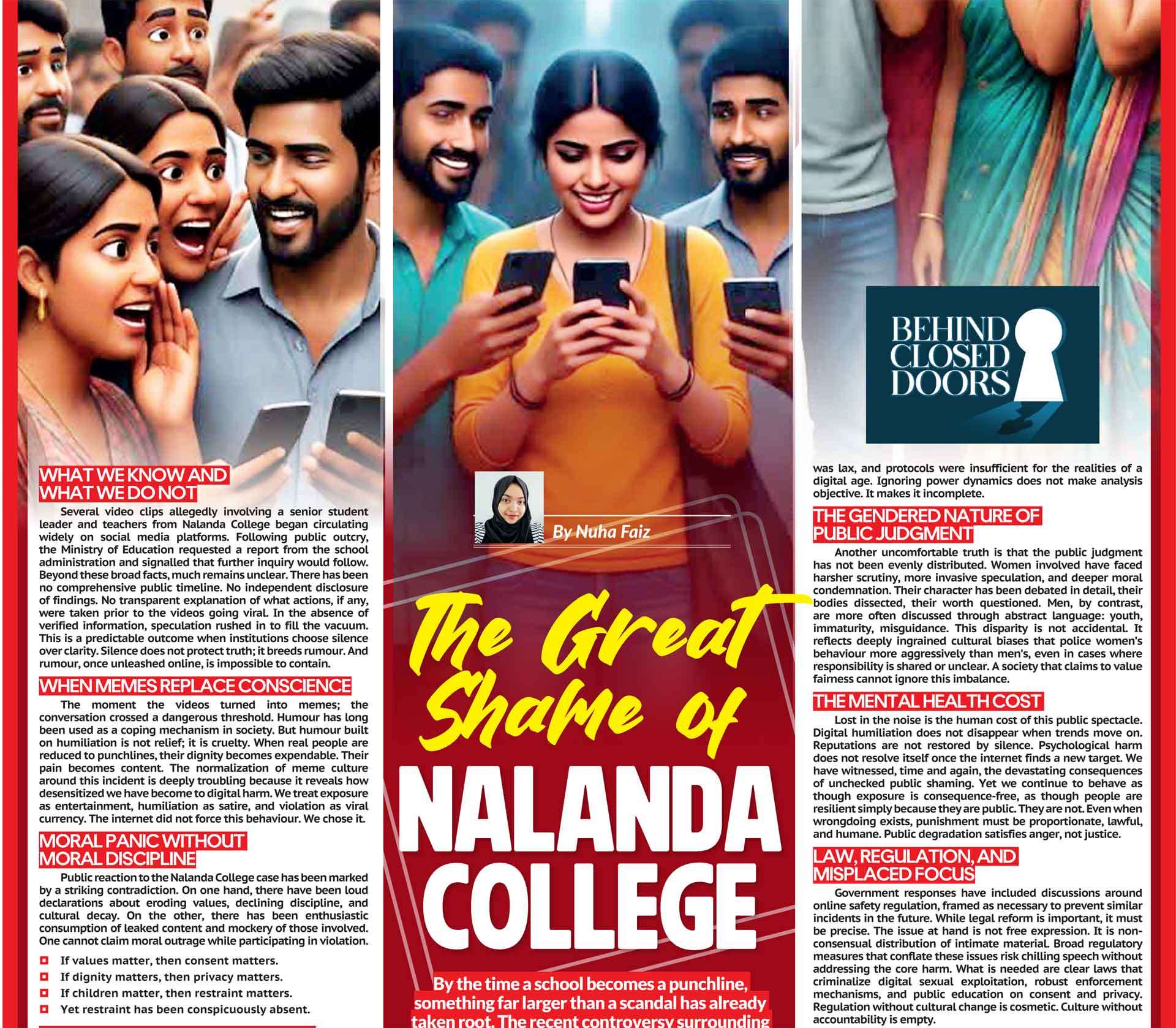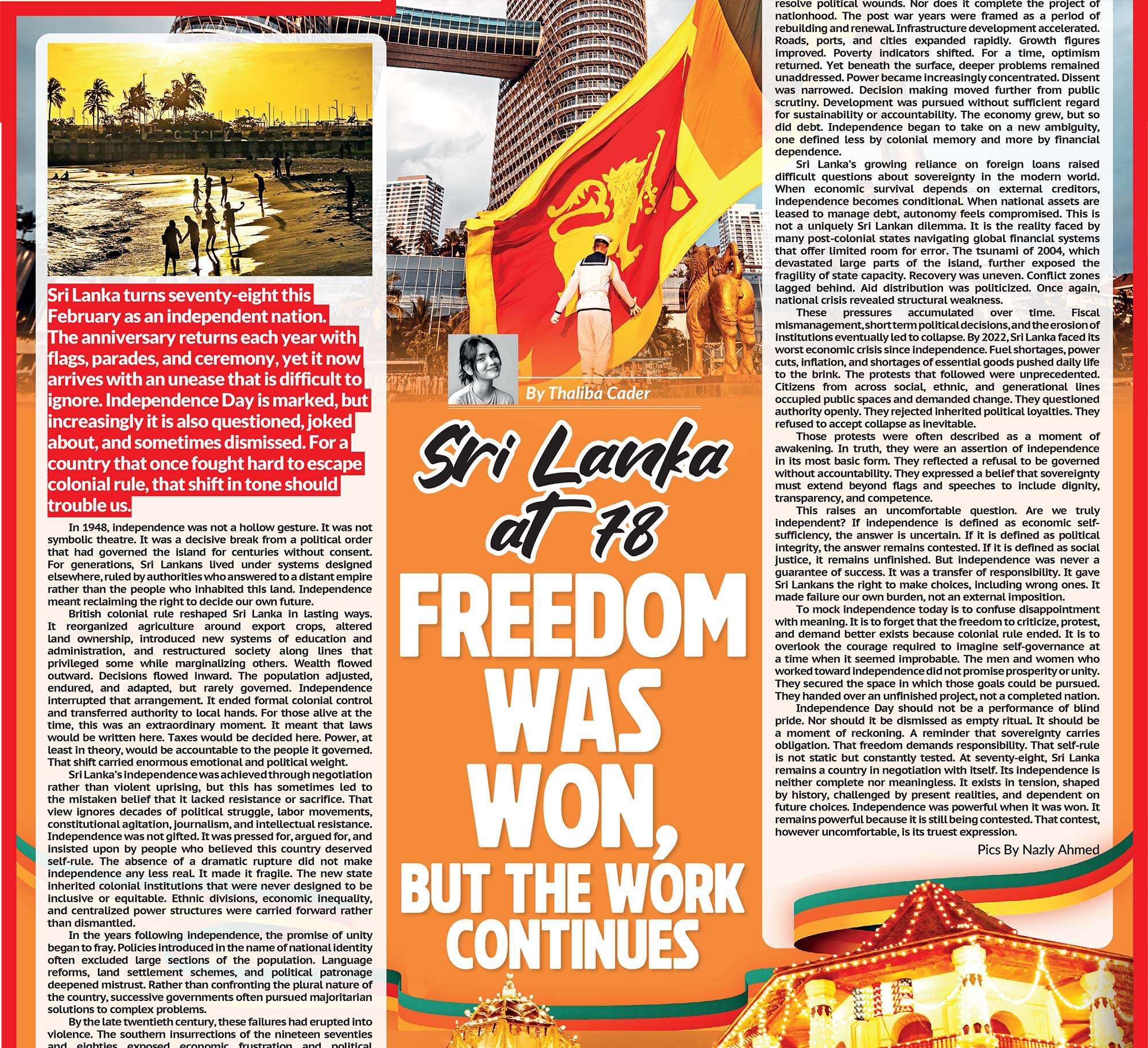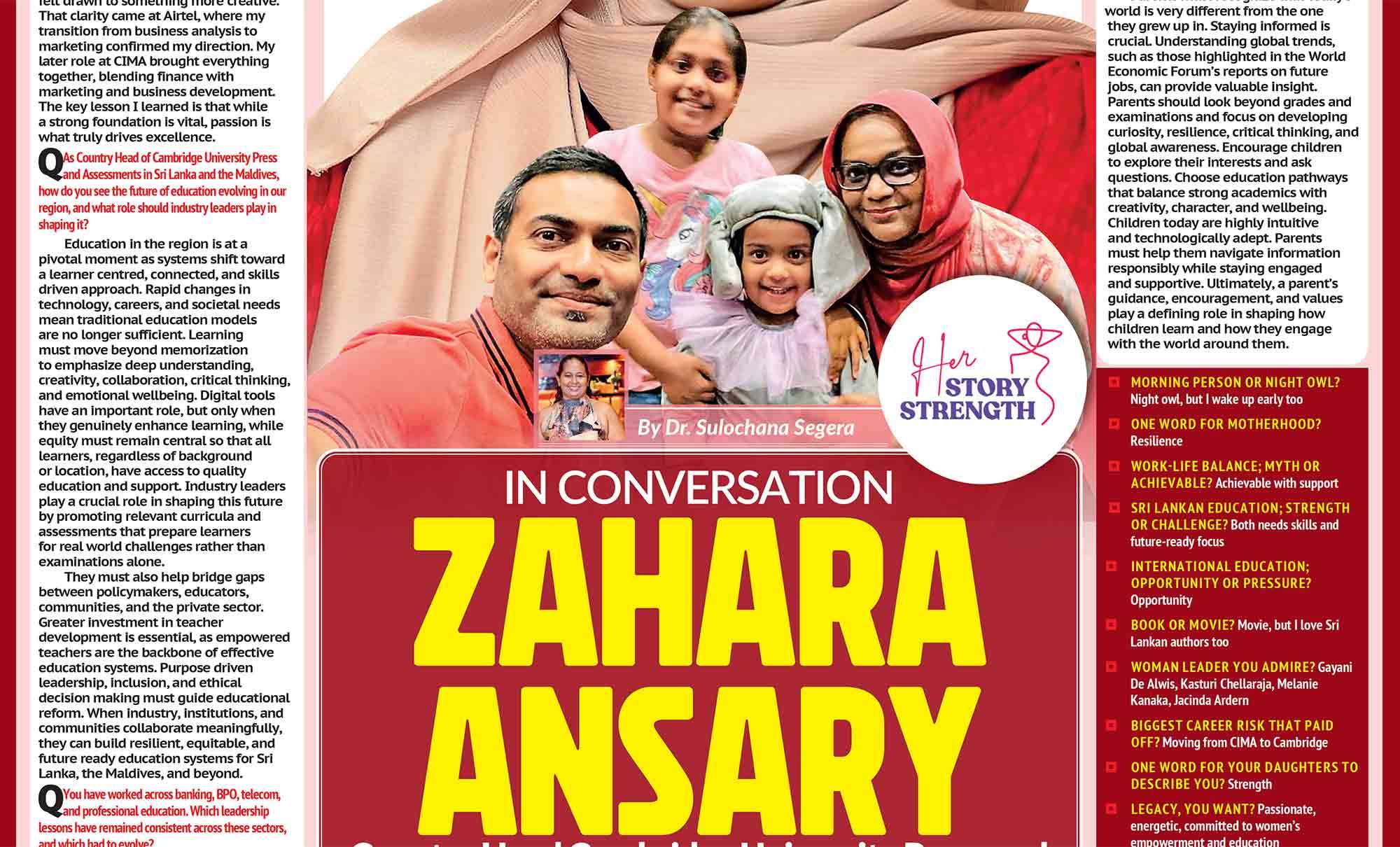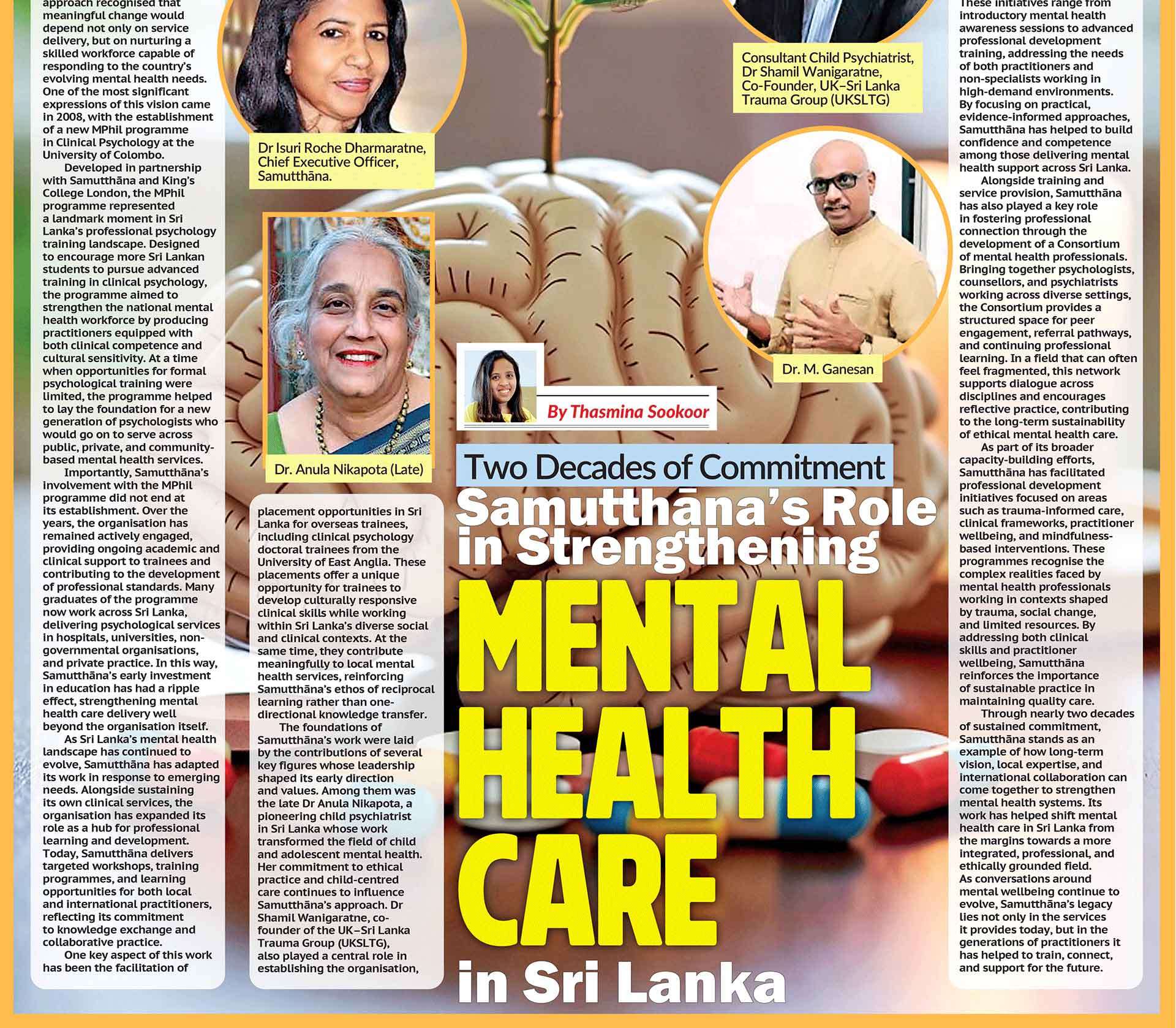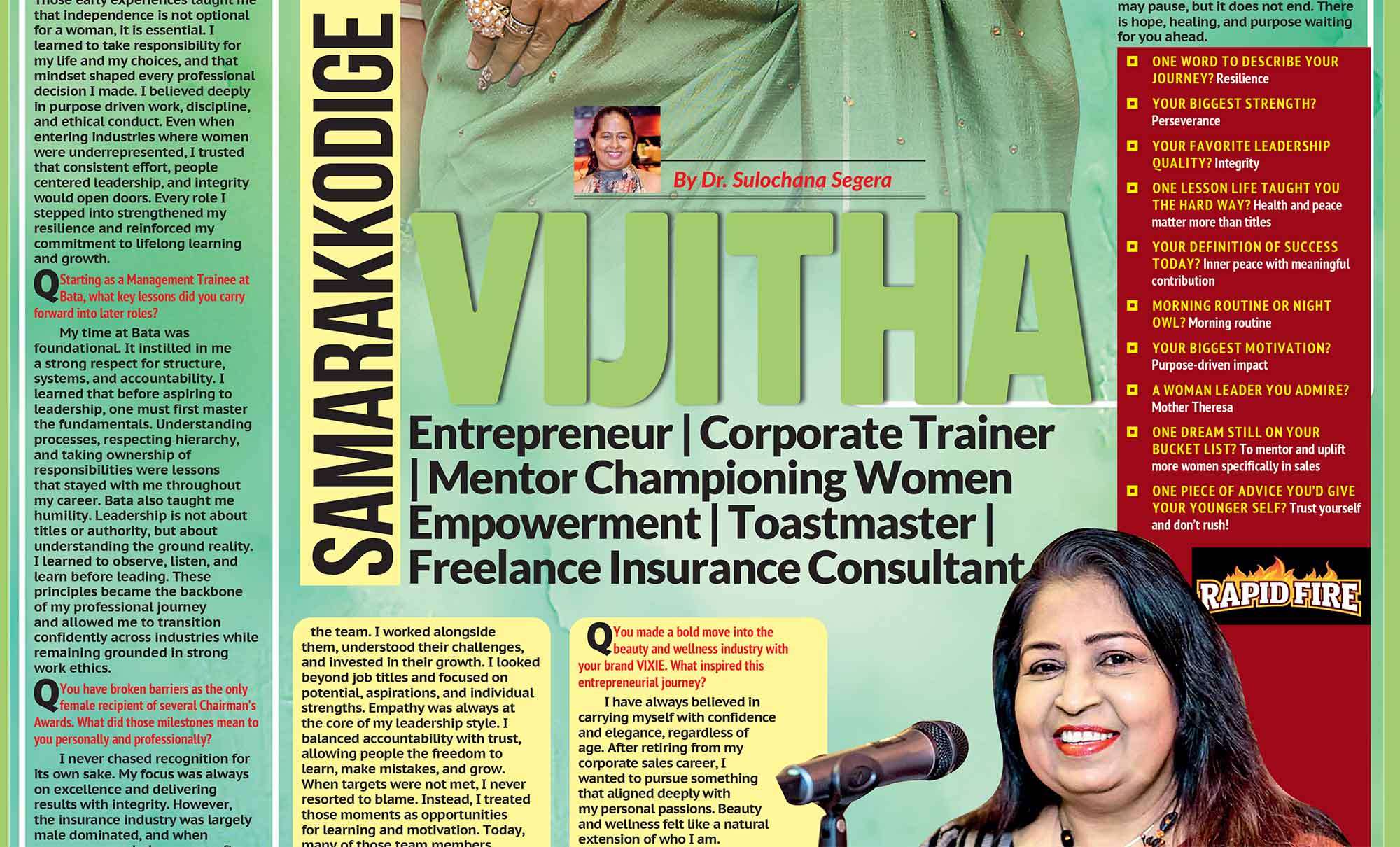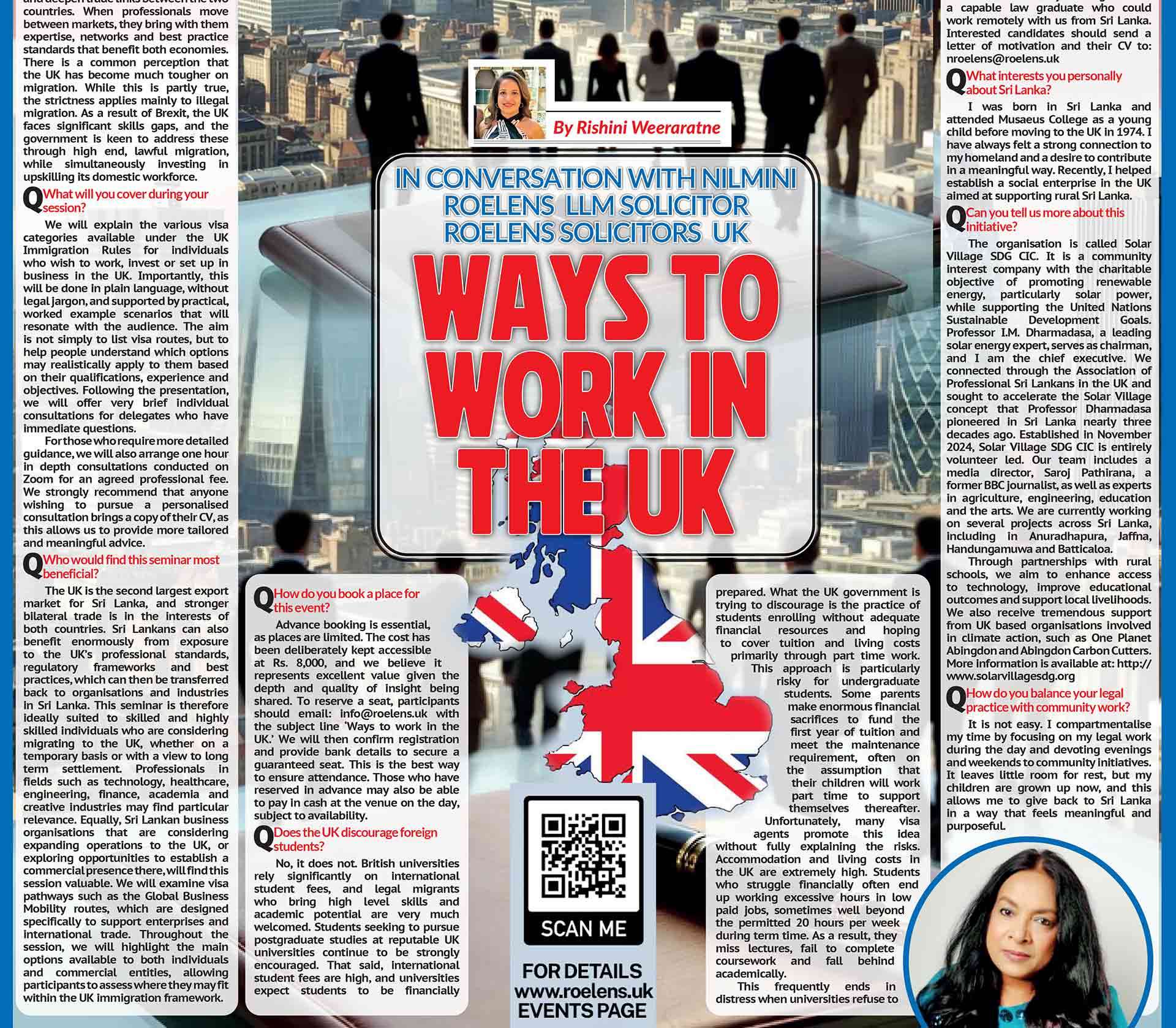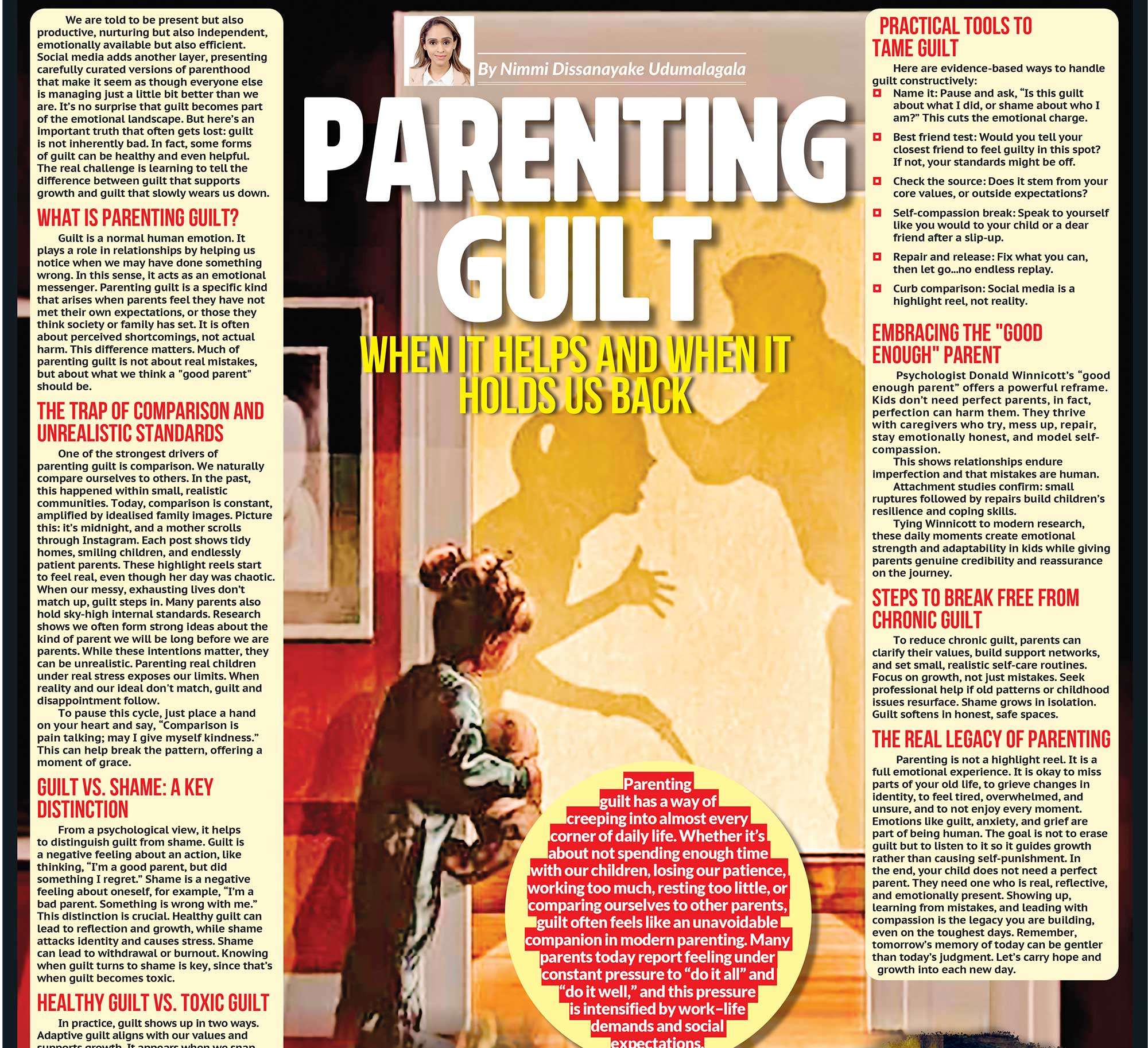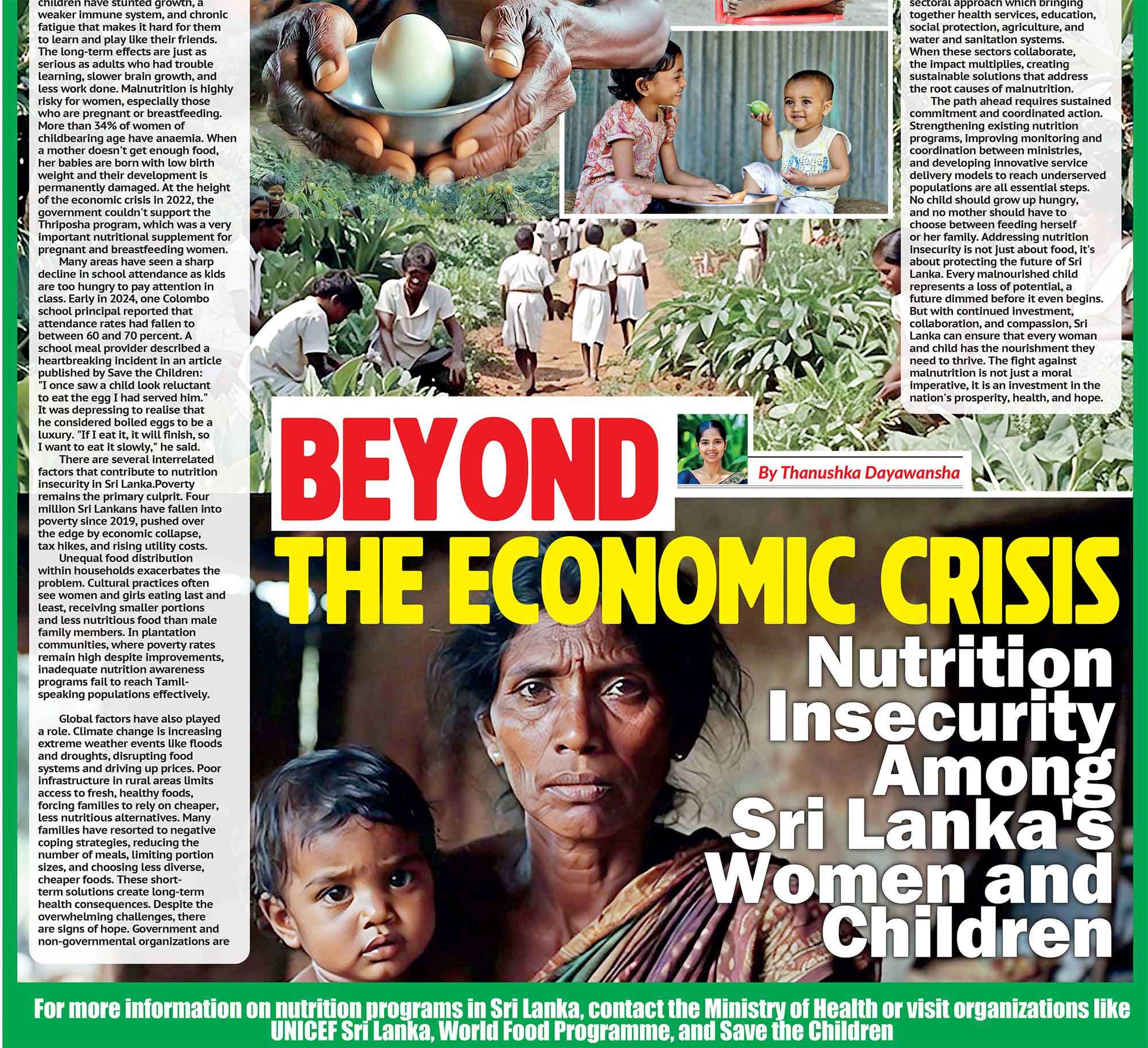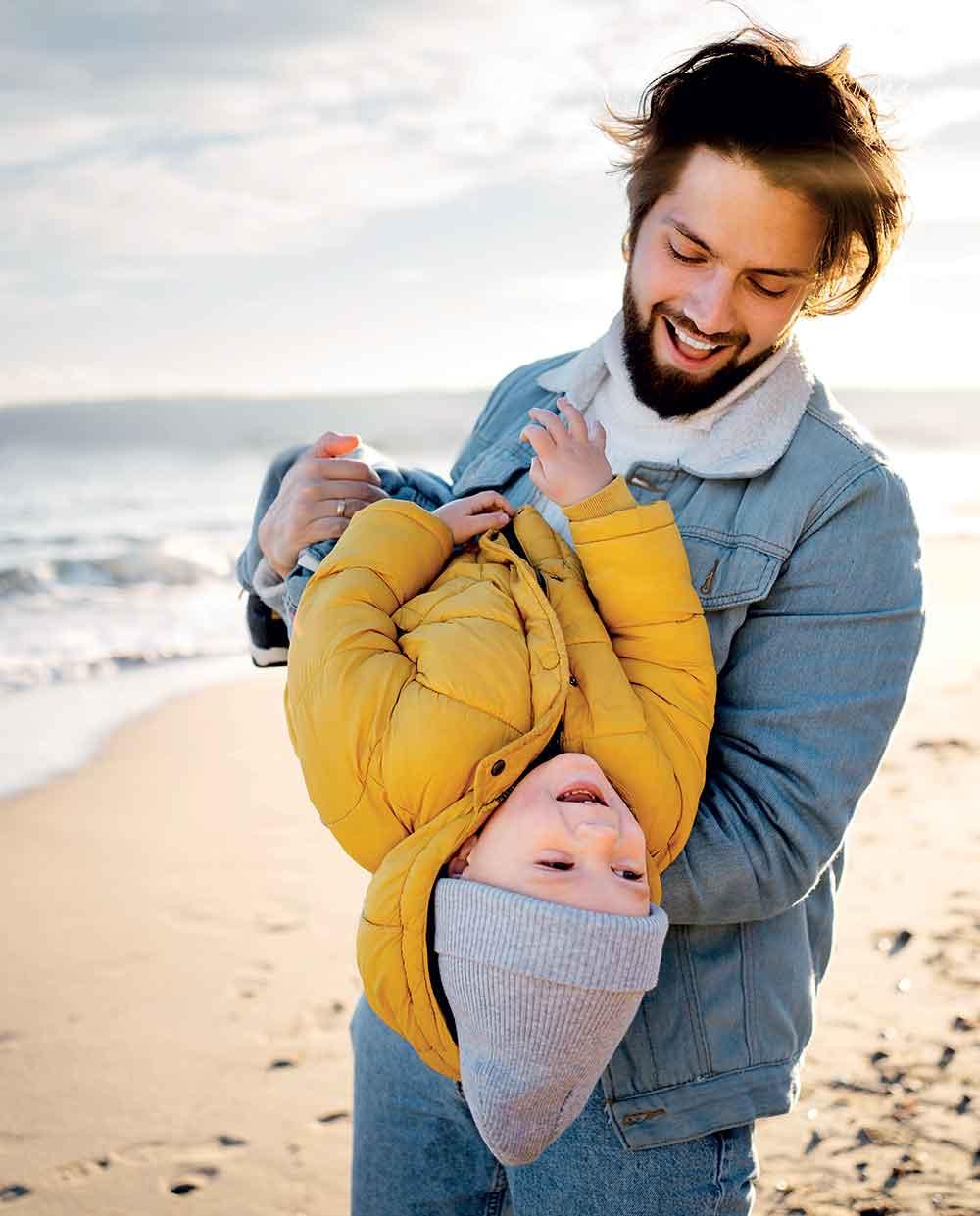
On the third Sunday of June each year, we pause to pay homage to a figure who is often described in hushed tones and subtle gestures; fathers. In the landscape of celebration, Father’s Day sits humbly between the grandeur of Mother’s Day and the commercial fanfare of Valentine’s, quietly reminding us of the steadfast presences that shape our lives. Yet behind that quiet is a story worth telling, one of transformation, evolution, sacrifice, and unconditional love.
The Evolution of Fatherhood
Traditionally, fathers were cast as breadwinners and disciplinarians - stoic figures who stood at the head of the table, often more feared than embraced. While mothers were nurturers, fathers were providers, protectors, and enforcers of discipline. But today, that archetype is shifting. Modern fatherhood no longer fits in a single mold. Today’s fathers are stay-at-home dads, co-parents, stepfathers, single fathers, adoptive fathers, and everything in between. They pack lunchboxes, braid ponytails, attend parent-teacher meetings, and sit by their child’s bedside at night. They are redefining masculinity not through might, but through empathy, presence, and emotional availability. In Sri Lanka and across the world, societal norms are changing. The father who once lingered on the periphery of parenting is now stepping into a more involved, active role. This is not just a modern trend; it is a revolution in the understanding of what fatherhood truly means.
The Silent Language of Fatherly Love
If maternal love is a warm embrace, paternal love is a steady hand on your shoulder. It often expresses itself in action rather than words, in the long drives to school, the late-night pick-ups after sports practice, the quiet fixing of broken toys and leaking pipes. Fathers, for many, are the ones who teach us how to ride a bike, how to face rejection, and how to stand back up after falling. There’s a certain poetry to the way many fathers express love - understated, consistent, and profound. It’s in the way they keep old report cards and scribbled drawings in their wallets, or how they work long hours without complaint to provide a better life. Often, it is only in hindsight that we come to understand the full scope of their sacrifices. Father’s Day offers a rare moment for these silent stories to be spoken aloud.
The Unspoken Burden
But while we celebrate the beauty of fatherhood, we must also acknowledge its burdens. Men have long been conditioned to suppress vulnerability; to be the rock, the anchor, the unflinching protector. In doing so, they often bear emotional loads in solitude. Mental health conversations around men, and particularly fathers, are still stigmatized in many cultures. The pressure to “be strong,” to provide, and to never show weakness takes a toll. Many fathers suffer quietly under the weight of responsibility, their struggles invisible and their pain unheard. On this Father’s Day, part of our tribute should be to listen, truly listen, to the fathers in our lives. To ask how they’re doing. To thank them, not only for what they do, but for how they carry it all.

The Cultural Lens: Fatherhood in Sri Lanka
In Sri Lankan households, fathers often occupy a revered but distant space. There’s respect, bordering on fear at times, and love that is rarely verbalized. The affectionate “thaththa” or “appa” may not always offer open arms, but he offers stability, and in a country where economic and social challenges weigh heavy, that stability is everything. Yet, even in Sri Lanka, the image of the father is evolving. Urban and rural fathers alike are beginning to embrace more participatory roles, changing diapers, reading bedtime stories, and attending counselling sessions with their children. Social media has played an interesting role in this, providing platforms where fathers are celebrated for doing what was once considered “a mother’s job.” And while that can sometimes veer into performative territory, it also helps to normalize caregiving as a shared responsibility.
The digital world has given rise to an interesting new archetype: the “Insta Dad.” Videos of dads dancing with their toddlers, trying their hand at makeup tutorials, or reading bedtime stories have become internet sensations. These viral moments offer a charming glimpse into modern fatherhood, one that is joyful, goofy, and unafraid of being vulnerable.

When Father Figures Step In
Father’s Day isn’t just for biological fathers. It’s also for grandfathers, uncles, brothers, coaches, teachers, anyone who has stepped into a paternal role. In single-mother households or homes where fathers are absent, these figures provide essential mentorship, guidance, and love. There is immense power in acknowledging these alternate father figures. They remind us that fatherhood is less about biology and more about presence. Love is not always a matter of DNA, it’s a matter of dedication, patience, and showing up, again and again.
Dads in the Digital Age
The digital world has given rise to an interesting new archetype: the “Insta Dad.” Videos of dads dancing with their toddlers, trying their hand at makeup tutorials, or reading bedtime stories have become internet sensations. These viral moments offer a charming glimpse into modern fatherhood, one that is joyful, goofy, and unafraid of being vulnerable. Yet, it’s important to distinguish between performative parenting and real presence. The best fathers are not those who go viral, but those who remain constant, quietly shaping their children’s world one small moment at a time.

Honoring Fathers, Not Just with Gifts
Every June, we see the same Father’s Day ads: watches, wallets, tools, colognes. While thoughtful, these gifts often skim the surface. What many fathers truly yearn for is not something that can be wrapped in ribbon, its recognition, time, and appreciation. Write him a letter. Ask him questions. Tell him how his presence shaped you. If he’s no longer around, speak his name aloud. Share his stories. Light a candle. Honour him not just for what he gave you, but for what he gave up for you.

A New Definition of Strength
The world is beginning to understand that strength is not stoicism, but compassion. Not domination, but partnership. A strong father is one who listens, who learns, who grows alongside his children. He doesn’t just teach them how to survive the world, he shows them how to soften it, to humanize it, to make it kinder. As we reflect on Father’s Day, perhaps it is time we update our definition of what makes a man a father. It’s not his ability to provide alone, but his willingness to nurture. It’s not the house he builds, but the home he creates within it.
In Conclusion
Father’s Day is more than a celebration, it is a reminder. A reminder to look beyond the stoic surface and see the man beneath, the dreamer, the protector, the worrier, the provider, the hugger, the silent hero. It’s a day to remember that fatherhood, like motherhood, is an evolving, complex, and beautiful journey. So, this year, let’s not just give our fathers socks or shirts. Let’s give them what they rarely ask for but deeply deserve, our time, our attention, and our words. Let us say thank you, not just for being our fathers, but for being there. For trying. For staying. For loving us in the quietest, most powerful ways.



